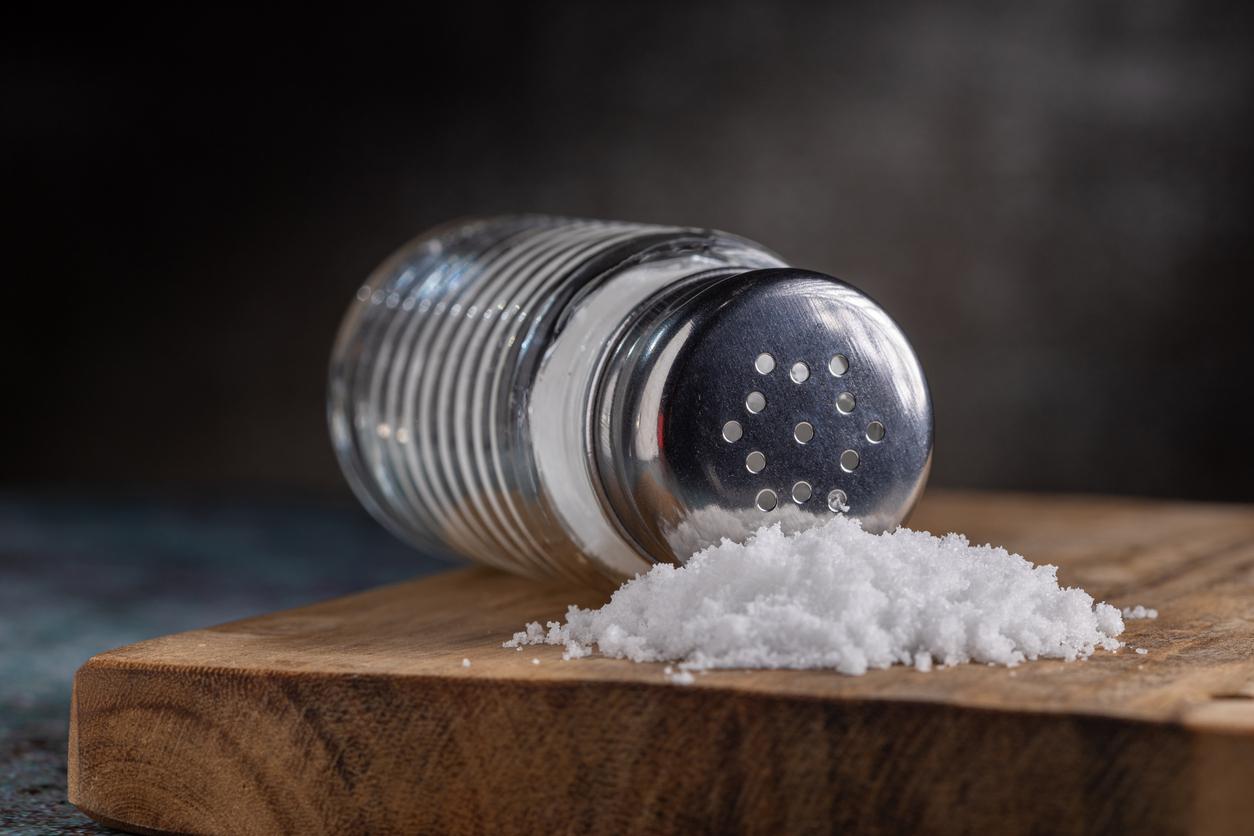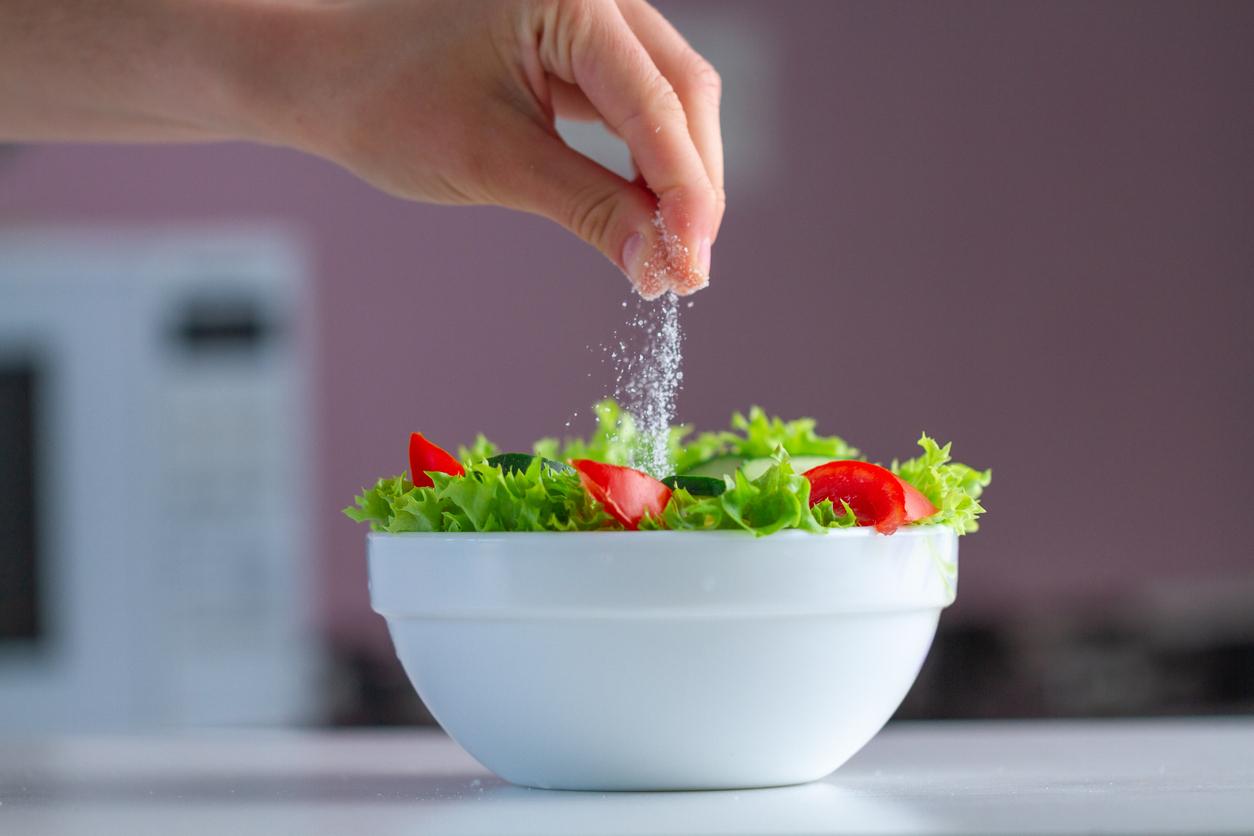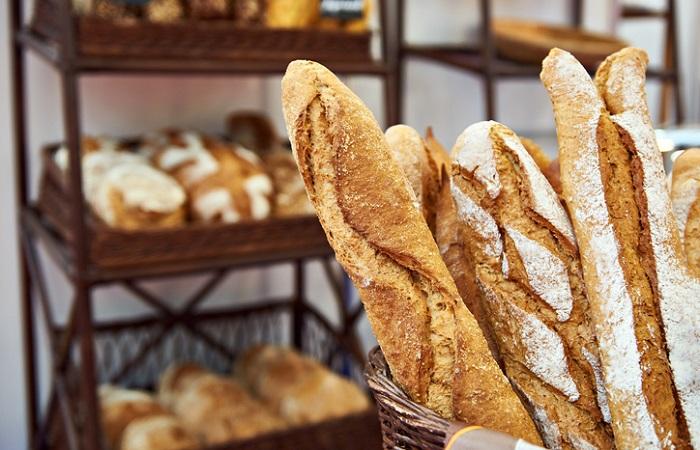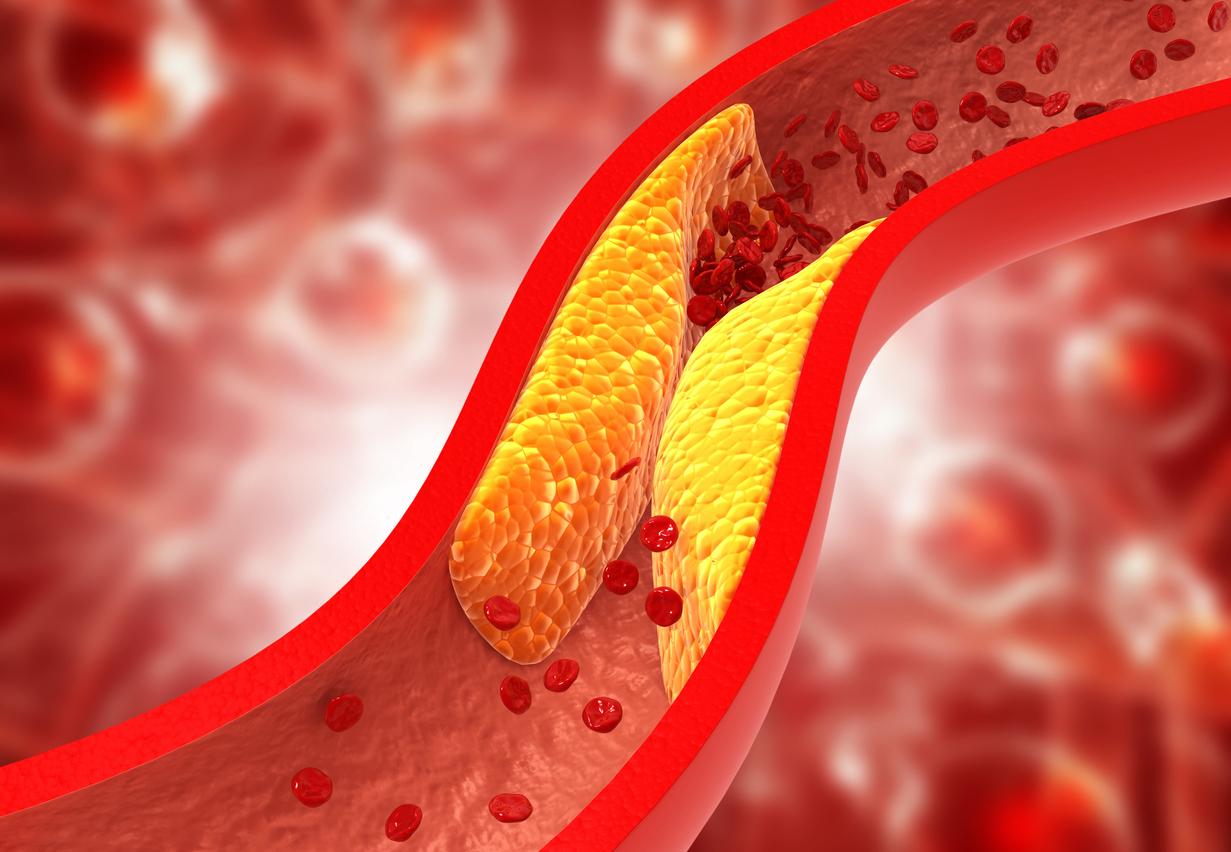Since October 1, 2023, bread contains less salt. But what are the health benefits?
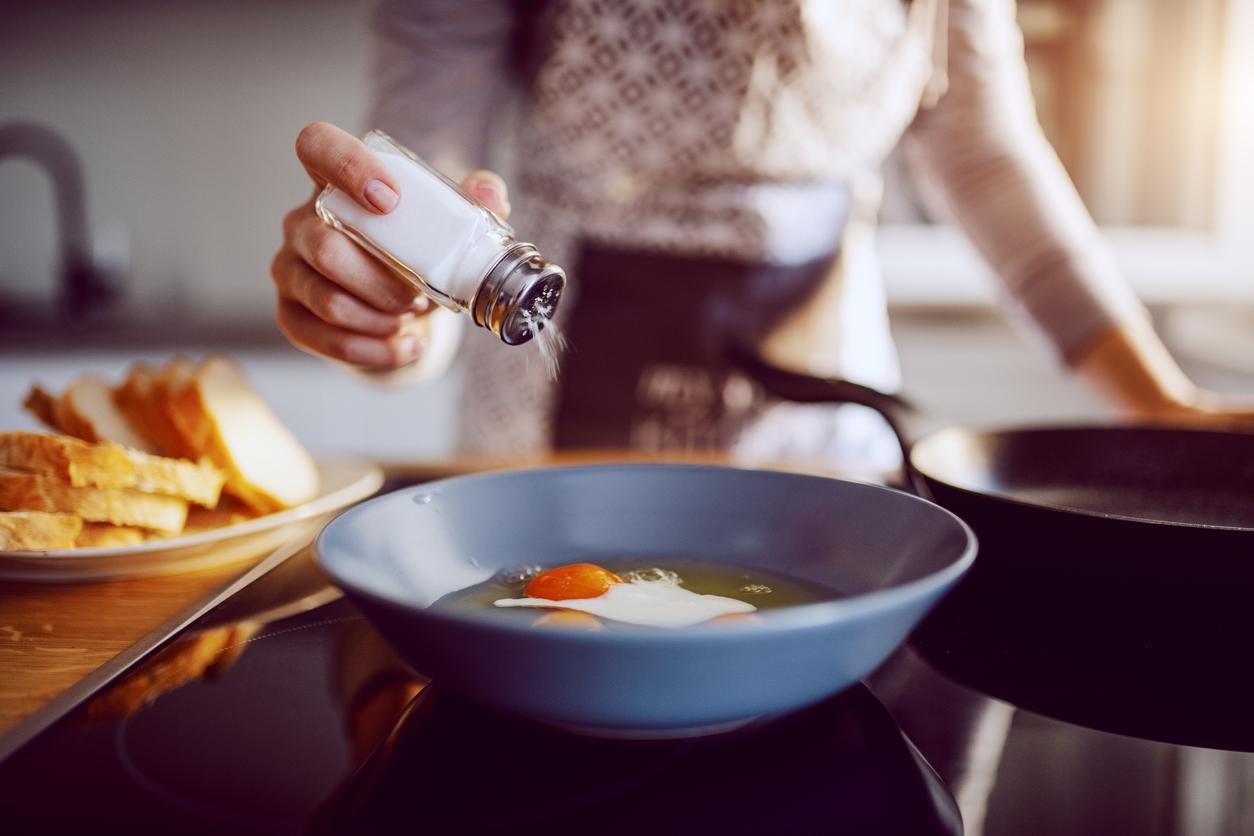
- The WHO recommends less than 6 grams of salt per day, while we consume at least 10 grams per adult. Be careful of the risk of cardiovascular diseases caused by excess salt.
- Be careful of “processed” or “industrial” foods that contain a lot of salt. It is better to eat “raw” foods and home-cooked meals.
- Consider replacing salt with spices, herbs, lemon, etc., which add flavor to dishes and avoid salting or re-salting them.
Scheduled for March 2022, it has been since the 1er October 2023 that the salt content in bread has decreased.
In fact, the signing of a voluntary collective agreement between stakeholders in the bakery sector and the Director General of Food, as well as the Deputy Director General of Health, took place on March 3, 2022. It provided for a reduction of around 10% in salt levels in bread in less than 4 years (no more than 1.4 g of salt for 100 g of traditional bread and 1.3 g for special breads). Deal ! But what are the health benefits?
Salt: excess consumption is bad for your health
Let’s be clear, even if it is often criticized, salt remains necessary for the functioning of the body. And it is above all excess consumption that can have consequences on health. Indeed, it promotes high blood pressure (hypertension) and therefore cardiovascular diseases. It is therefore important to limit daily consumption.
As theHANDLES (National Agency for Food, Environment and Labor), the total salt consumption of the French is well above public health recommendations. The recommended daily salt intake by theWHO is less than 6g (no more than 5g per day), except of course specific illness, while consumption frequently reaches and exceeds 10g per adult.
And according to Professor Delahaye, on the website of the French Federation of Cardiology (FFC): “If we reduced salt consumption to 6g/day, it is estimated that around 35,000 deaths from stroke or cardiovascular disease would be avoided each year in France”.
Salt: a preference for “homemade” meals
For the Professor Claire Mounier-Vehier : “it is better to prepare your own meals, rather than resorting to purchased ready-made dishes, which are often too fatty and too salty. You can easily get into the habit of replacing salt with aromatic herbs and spices: turmeric, cumin, paprika, pepper, nutmeg….” “Home” cooking allows you to control salt intake.
The FFC has made practical sheets available on its site, including one on salt which informs about the usefulness of salt but also the need to limit its consumption and provides some tips for not eating too much salt. Some examples :
-reduce the amount of salt when boiling water;
– remember to taste your dish before salting or re-salting it;
-replace the salt with various herbs or lemon;
-use spices (paprika, curry, nutmeg, pepper, rose berries, cumin) which easily enhance the flavor of dishes;
-remember that garlic, onion or shallot, fresh or frozen, can also act as a flavor enhancer.
Let’s not forget to choose our unprocessed (or “raw”) foods because they contain less salt. And be careful with “processed” products which are often rich in “hidden” salt. This is the case, for example, with chips, aperitif biscuits, cold meats, pastries… So be careful with snacking!

Salt: monitor the amount in foods
Remember to look at the labels of these products, which list the amount of salt under the name salt, sodium or sodium chloride. Please note, 1 gram of sodium corresponds to 2.5 grams of salt.
Also be careful with bread, even if it now contains less salt!
It is therefore preferable to use more “natural” foods, which have not yet been cooked. Without forgetting fruits, vegetables and fiber which are important elements of a healthy diet. And a little extra: avoid salt shakers or bottles of soy sauce on the tables. This will avoid many temptations.








